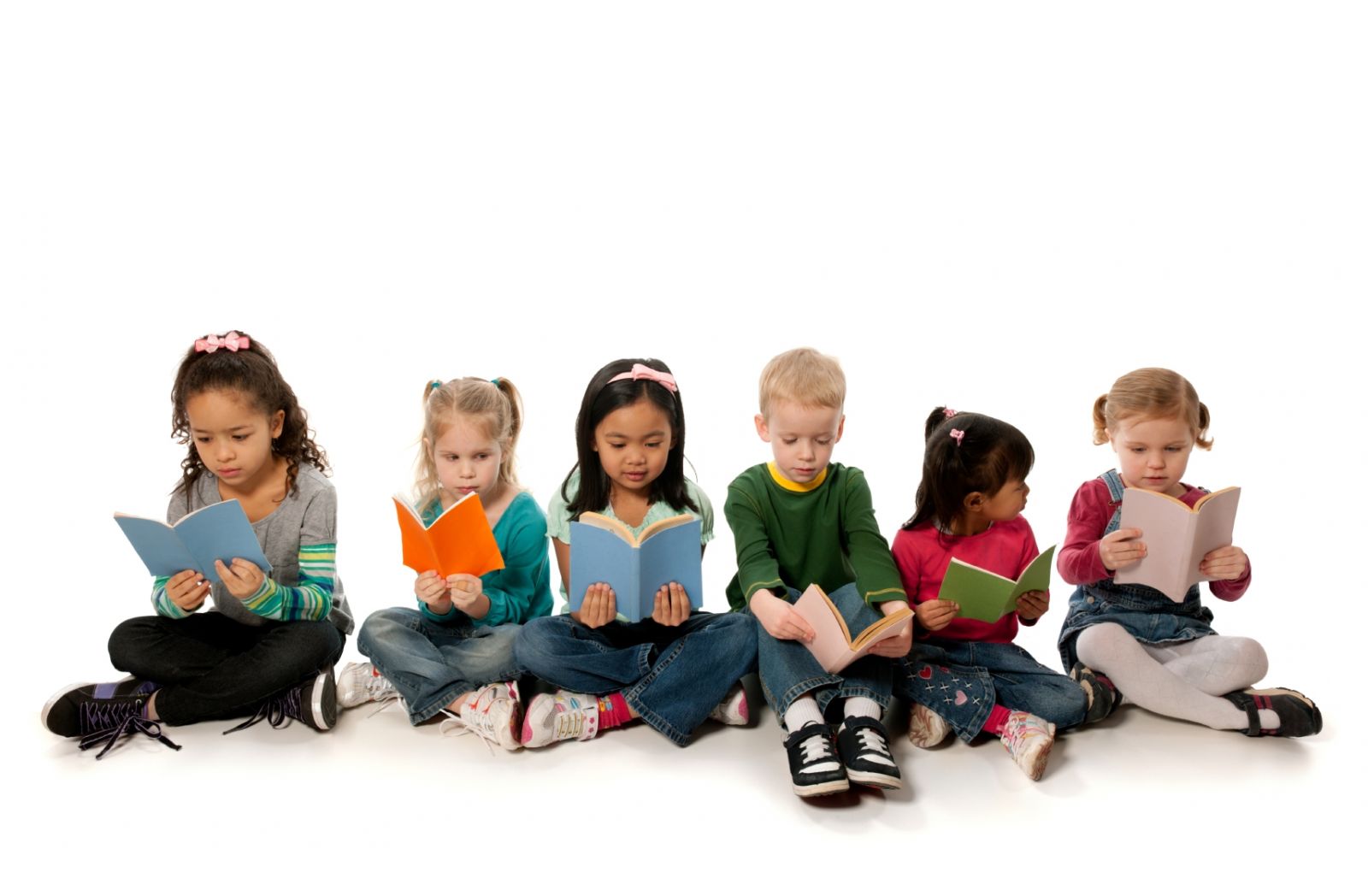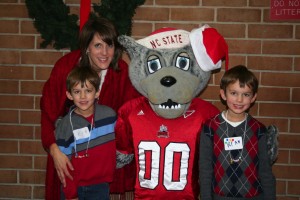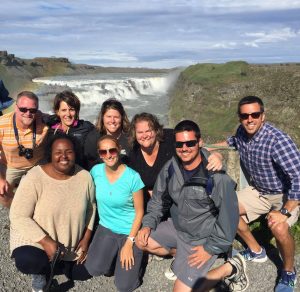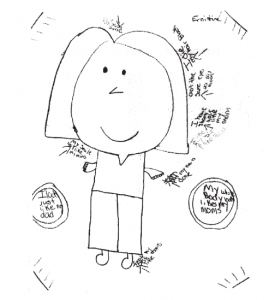I am an associate professor of Literacy Education in the Department of Elementary Education. As a former elementary school teacher and literacy specialist, my understanding of literacy learning is grounded in classroom experiences and interactions with students and their families in diverse urban and suburban settings. Currently, my research projects involve international perspectives on teacher education, visual/multiliteracies, children’s literature and family literacy. Scroll down to learn more about my projects.
CURRENT RESEARCH PROJECTS
International Perspectives on Teacher Education
Currently, I am exploring how professional development and course experiences can support teachers’ pedagogical knowledge as they develop expanded ideas about texts, stronger connections to students’ lives, and inclusive cultural practices. In 2018, I will accompany teachers to the Czech Republic using technology-enabled strategies for: 1) connecting with other cultures through global collaborative projects, 2) crowd curating cultural media collections, and 3) reflecting on cultural understanding through written and multimodal works. For more about this project, visit the Czech Cultural Connections, Collections, and Reflections website. This project is sponsored by the Triangle Community Borchardt Foundation and is a collaborative project with Dr. Kevin Oliver (PI), Dr. Ruie Pritchard (PI) and Dr. Mike Cook.
This picture is from a trip with teachers to Iceland in 2016.
Multiliteracies
A multimodal curriculum builds on the idea that many modes, or systems of expressing meaning, are used to build knowledge (Wiseman, Pendleton, Christianson & Nesheim, 2017). The multidimensionality of children’s texts, which has been expanded by options available with visual images and technology, calls for new ways of thinking about literacy learning in the classroom.
My most recent work on multiliteracies evolved from collaborative a research partnership with colleagues from the University of Tampere Finland now in our fourth year of implementation. In the U.S., research on classroom perspectives and curriculum about multiliteracies, technology, and literacy is occurring but there are many unanswered questions; in Finland research on multiliteracies is nonexistent. However, in Finland’s national curriculum, there is more attention to incorporating different forms of literacy, including media and technology. Our international collaboration which starts with literacy research and then will eventually include comparative analysis of classrooms in the U.S. and Finland using teachers, will provide further understanding on how classrooms can embrace advances in technology to promote expansive and inclusive ways of learning and representing that embrace the diverse perspectives found in our 21st century classrooms. We will eventually engage teachers and graduate students in theoretical and pedagogical conversations about multiliteracies across our institutions. Right now, we are in the process of reviewing research on multiliteracies in elementary classrooms.
Children’s Literature
My research on children’s literature has shown how reading picturebooks about topics relevant to children’s lives can provide an opportunity for children to engage with critical social issues. My research interests in children’s literature was enhanced by a research fellowship at the International Youth Library in Munich, Germany in 2014.
I am currently the co-editor of the Journal of Children’s Literature along with Donna Adomat and Karla Möller.
Communities United for Success in Family Literacy
My research on family literacy, entitled Communities United for Success in Family Literacy, investigates a model of family literacy that extends beyond practices in the home. This study documents how formerly incarcerated parents, who are living in a residential treatment facility and separated from their children, respond to children’s literature in small groups and with the goal of eventually reading the books with their children. The purpose of this research is twofold. First, this research seeks to add to our understanding of family literacy research by considering families with a diversity lens (Compton‐Lilly, Rogers, & Lewis, 2012) and recognizing that family literacy practices extend beyond home-school interactions. The project is a collaborative effort with the community partners Motheread and Our Children’s Place.
Visual Research Methodologies for Understanding Young Children’s Literacy Practices
The multidimensionality of children’s texts, which has been expanded by options available with visual images and technology, calls for expansive research methods. As literacy researchers, we believe that visual research methodologies can promote equity as schools and classrooms feature increasingly diverse and rich language and literacy practices. Therefore, it is important to consider how we might theorize and incorporate visual and multimodal perspectives. This work is a collaborative project with Dr. Jennifer Turner (University of Maryland) and Dr. Marva Capello (San Diego State University). Our work is affiliated with the Center for Visual Literacies, University of San Diego.



